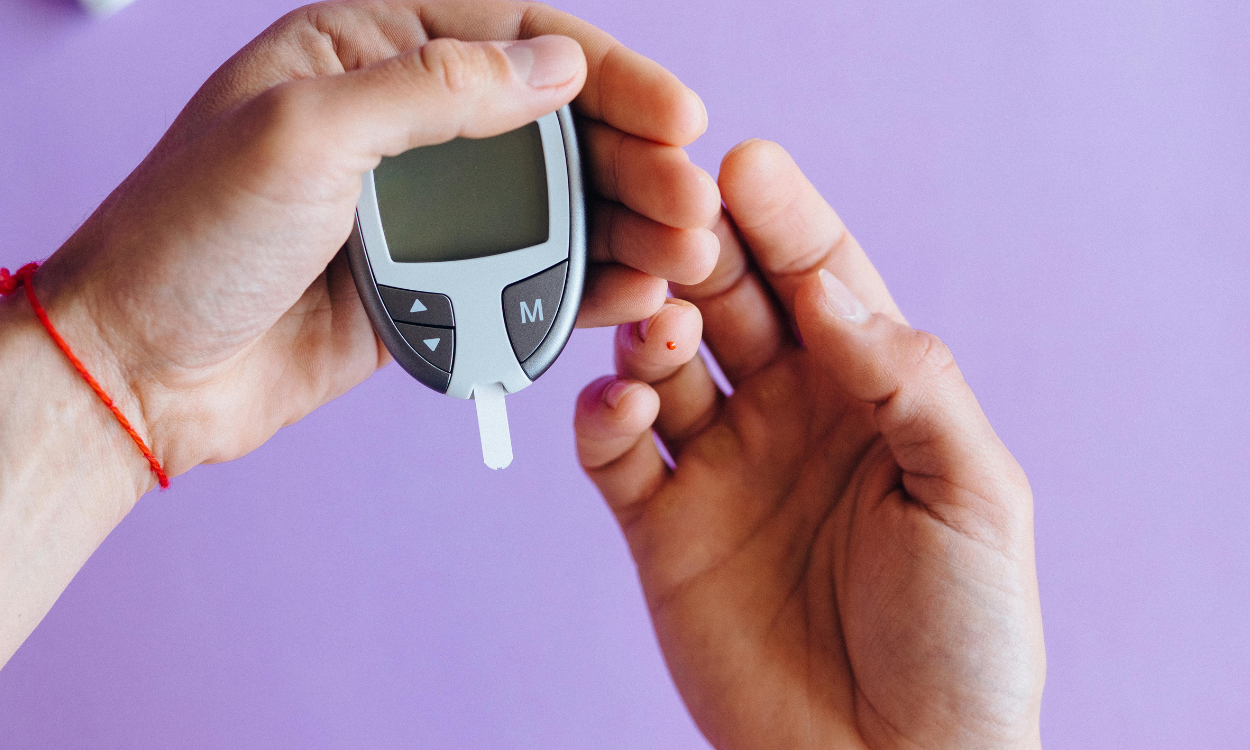“Strong Foundations: Essential Tips for Healthy Bones
Maintaining healthy bones is crucial for a strong and active life. As the framework of our body, bones provide support, protect internal organs, and enable movement. However, as we age, bone health often declines, making it essential to focus on building and preserving strong foundations for our skeletal system. This article will explore essential tips for healthy bones, incorporating practical advice, dietary suggestions, and lifestyle strategies to keep your bones robust for years to come.
Table of Contents

Why Bone Health Matters
Our bones are living tissues that constantly regenerate. During childhood and adolescence, bones grow in size and density, peaking in strength around our late 20s. After this peak, bone density naturally declines. Without proper care, this decline can lead to conditions like osteoporosis, fractures, and reduced mobility. Ensuring strong foundations for healthy bones throughout your life can prevent these issues and maintain overall well-being.
The Role of Nutrition in Bone Health
One of the most effective ways to promote healthy bones is through proper nutrition. Certain nutrients are vital for bone formation and maintenance. Here’s a breakdown of the key nutrients and how to incorporate them into your diet:
1. Calcium: The Building Block of Bones
Calcium is the most important mineral for bone health. It provides the structural strength that keeps your bones resilient. Adults need about 1,000 mg of calcium daily, and women over 50 or men over 70 require 1,200 mg.
- Sources: Dairy products like milk, yogurt, and cheese; leafy greens such as kale and spinach; fortified plant-based milk; and almonds.
- Tip: Pair calcium-rich foods with vitamin D for better absorption, forming a strong foundation for healthy bones.
2. Vitamin D: The Calcium Helper
Vitamin D is essential for calcium absorption and bone mineralization. Without adequate vitamin D, even a calcium-rich diet won’t be fully effective.
- Sources: Sunlight is a natural source; food options include fatty fish (salmon, mackerel), egg yolks, and fortified cereals.
- Tip: Spend 10-15 minutes in the sun daily or consider a supplement if necessary.
3. Protein: Strengthening Bone Matrix
Protein plays a role in maintaining bone density by supporting the bone matrix. However, balance is key—too much protein without adequate calcium can harm bone health.
- Sources: Lean meats, fish, eggs, beans, tofu, and dairy products.
- Tip: Incorporate a serving of protein in every meal to support healthy bones.
4. Magnesium and Potassium: Supportive Nutrients
Magnesium and potassium work together to neutralize acids that can weaken bones and help maintain bone density.
- Sources: Nuts, seeds, bananas, sweet potatoes, and whole grains.
- Tip: Add magnesium-rich snacks like almonds or sunflower seeds to your daily routine.
Exercise: Building Strong Foundations for Healthy Bones
Physical activity is as crucial as nutrition for maintaining healthy bones. Weight-bearing and strength-training exercises stimulate bone formation and slow bone loss.
1. Weight-Bearing Exercises
These activities force your body to work against gravity, promoting bone strength:
- Walking, jogging, hiking
- Dancing
- Tennis or racquetball
2. Strength Training
Resistance exercises build muscle, which in turn supports bone health:
- Lifting weights
- Bodyweight exercises like squats and push-ups
- Resistance band workouts
3. Balance and Flexibility Training
Improving balance and flexibility can prevent falls and fractures:
- Yoga
- Tai Chi
- Pilates
Lifestyle Habits for Healthy Bones
Building strong foundations for healthy bones requires more than just diet and exercise. Certain lifestyle choices significantly impact bone health:
1. Avoid Smoking and Excessive Alcohol
Smoking reduces blood supply to bones and slows the production of bone-forming cells. Excessive alcohol interferes with calcium absorption and can lead to bone loss.
2. Maintain a Healthy Weight
Being underweight increases the risk of bone loss and fractures. Conversely, being overweight can put excess stress on your bones, particularly in weight-bearing joints.
3. Get Regular Check-Ups
Bone density tests, especially for women over 50 and men over 70, can help detect early signs of bone loss. Early intervention ensures stronger foundations for healthy bones as you age.
Foods to Avoid for Better Bone Health
Certain foods and drinks can weaken bones and should be consumed in moderation:
- Sugary Beverages: Sodas can interfere with calcium absorption.
- High-Sodium Foods: Excess salt can lead to calcium loss through urine.
- Excessive Caffeine: Too much caffeine may reduce calcium retention.
Supplements for Healthy Bones
While getting nutrients from food is ideal, supplements can be helpful if dietary intake falls short:
- Calcium Supplements: For those who struggle to meet daily requirements through diet.
- Vitamin D Supplements: Particularly useful in regions with limited sunlight.
- Collagen: Some studies suggest collagen supplements may improve bone density.
Bone Health Through the Ages
Bone health strategies vary depending on life stage:
Childhood and Adolescence
Focus on building bone density through calcium-rich foods and physical activity. This is the most critical time for establishing strong foundations for healthy bones.
Adulthood
Maintain bone mass by continuing weight-bearing exercises and meeting nutritional needs.
Older Adults
Prevent bone loss with calcium, vitamin D, and resistance exercises. Fall prevention becomes essential.
Final Thoughts
Healthy bones are the cornerstone of a strong, active life. By focusing on proper nutrition, regular exercise, and positive lifestyle habits, you can build and maintain strong foundations for healthy bones at any age. Start incorporating these essential tips into your daily routine and enjoy the benefits of a resilient skeletal system for years to come.
Remember, the journey to healthy bones starts with small, consistent steps. Prioritize bone health today for a vibrant and active tomorrow, ensuring strong foundations for a lifetime of well-being.





